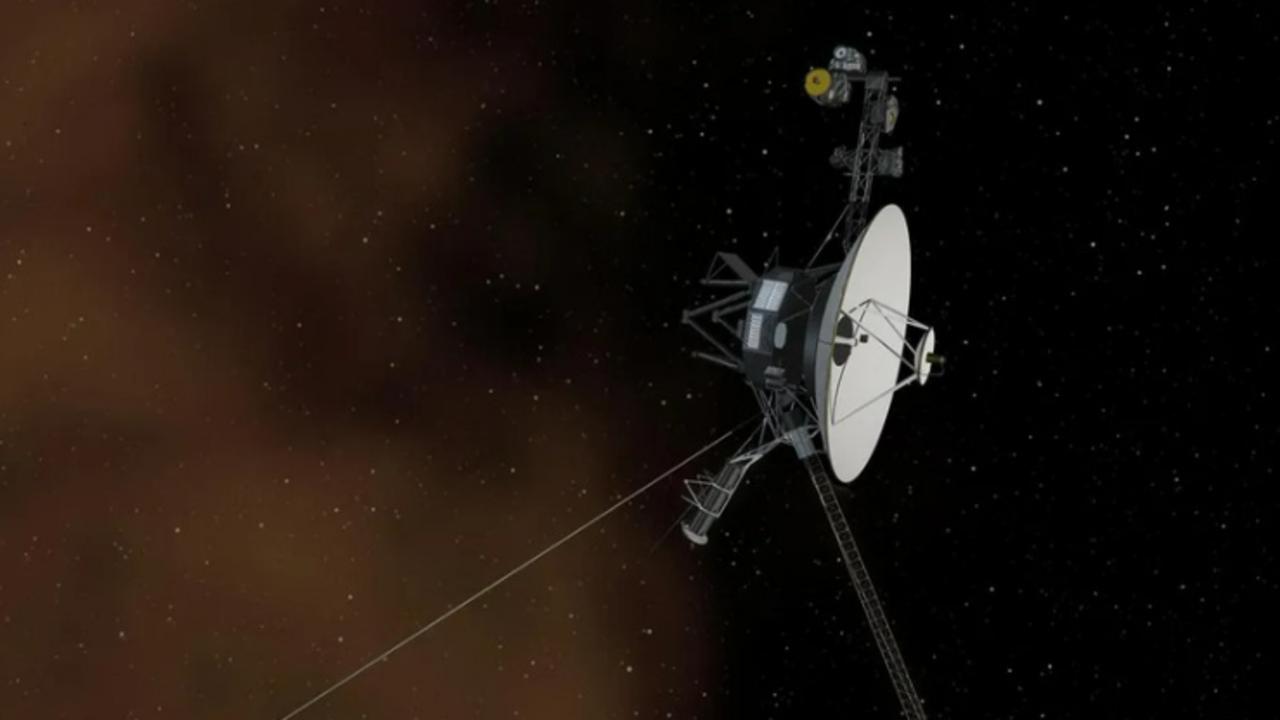Lost for 47 years, Nasa reconnects with Voyager 1 spacecraft 15 billion miles away
Sharing a ground breaking development, Nasa recently announced re-connecting with the 47 year old long lost spacecraft Voyager 1, following years of radio silence.
The spacecraft recently turned off one of its two radio transmitters and experts are currently working to uncover the cause.
According to the space agency, non-essential systems on the spacecraft are switched off if it draws too much power.
However, it may take the team several days or even weeks to identify the root cause that triggered the fault protection system.
When NASA's Jet Propulsion Laboratory flight team in Southern California sends instructions to the spacecraft through the agency's Deep Space Network, Voyager 1 sends back engineering data.
The team then analyzes this information to assess how the spacecraft responded to the commands.
The two lone spacecraft, Voyagers 1 and 2, have been wandering in interstellar space for 47 years and are the sole two spacecraft there.
The Mirror Us reported that scientists believe the transmitter shut-off was initiated by the spacecraft's fault protection system, which autonomously responds to onboard problems, however, the advanced age of these spacecraft has resulted in a rise in technical issues and new challenges for the mission engineering team.
It could take days or weeks for the team to pinpoint the root cause that activated the fault protection system.
When the flight team at NASA's Jet Propulsion Laboratory in Southern California sends instructions to the spacecraft via the agency's Deep Space Network, Voyager 1 returns engineering data that the team evaluates to see how the spacecraft responded to the command.
It takes approximately 23 hours for the command to travel more than 15 billion miles from Earth to the spacecraft, followed by another 23 hours for the data to return, according to reports from the Manchester Evening News.
The flight team had issued a command to activate one of Voyager 1's heaters on October 16.
Despite having sufficient power for the heater, the command activated the fault protection system on the spacecraft.
The whole issue came to light when the Deep Space Network was unable to detect Voyager 1's signal on October 18.
The spacecraft communicates with Earth through an X-band radio transmitter, named after its specific frequency.
The flight team concluded that the protection system had reduced the transmitter's rate of sending back data as this mode uses less power from the spacecraft.
However, it also changes the X-band signal that the Deep Space Network needs to detect.
The signal was recorded later that day by engineers and the Voyager was reported to be stable.
However, on October 19, the communication ceased completely.
The flight team theorized that Voyager 1's fault protection system had been triggered twice more, turning off the X-band transmitter and switching to a second radio transmitter known as the S-band.
Although the S-band uses less power, Voyager 1 hasn't used it to communicate with Earth since 1981.
The flight team speculated that Voyager 1’s fault protection system has activated on two additional occasions, leading to the shutdown of the X-band transmitter and a switch to the less commonly used S-band transmitter.
While this alternative consumes less power, Voyager 1 has not utilized it for communication with Earth since 1981.
Its signal is significantly weaker and operates on a different frequency than the X-band transmitters.
Because of the spacecraft's immense distance, the flight team was uncertain if the S-band signal could be detected from Earth; however, engineers at the Deep Space Network successfully managed to locate it.
Rather than reactivating the X-band transmitter before determining what triggered the fault protection system, the team sent a command on October 22 to test the functionality of the S-band transmitter.
At present, data to assist with further understanding of the situation and work toward restoring Voyager 1 to its normal operations is being gathered.
.

